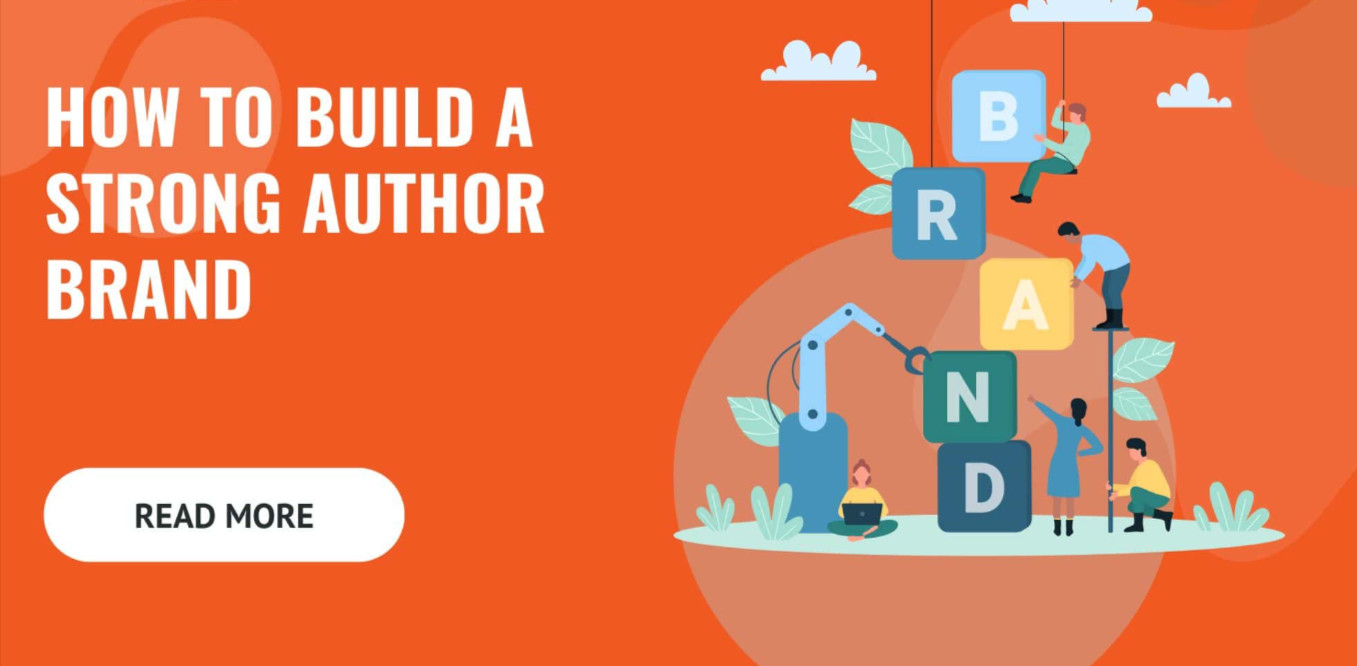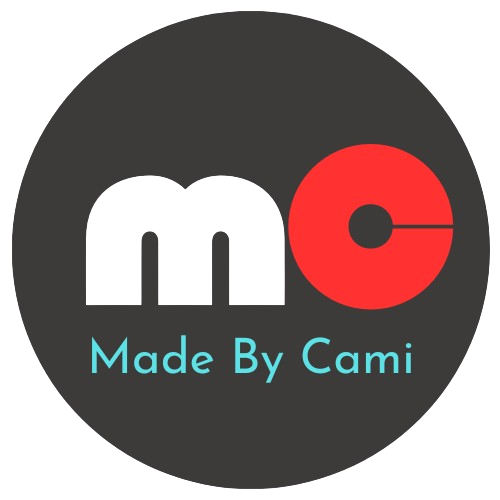How to Build a Strong Author Brand

Merely writing and publishing a book today does not guarantee success, especially given the dynamics of competition in the literary market. An author who lacks a strong personal brand will find it difficult to maintain a loyal readership, thus capturing and holding the attention of supporters is mission impossible.
Through this article, we will help you build your author brand to something that goes beyond just enhancing your sales.
1. Define Objectives Of The Brand
It is important for every marketer to understand what they have in comparison with what already exists in the market before accessing it. For writers, determine their desired stance among the audience, and what story they would like to tell as well as what impact they would like to create. Your brand identity will capture you artfully summarizes prose, the literary tone that you possess, your beliefs, and how friendly you wish to be with readers.
How To Determine Your Brand Identity
Determine Your Genre And Niche: Ask yourself: are you a fiction writer that loves thriller, romance or fantasy? Knowing your niche will help tailor your brand towards the right readership.
Identify Your Audience: Why do you write? What do you want the readers of your books to engage with? What are some problems your audience hopes to solve? Knowing these answers will help you build your brand.
Express Your Style Of Writing: What makes your writing different? Is it the way you tell the storyline, the aspects of the story you choose to emphasize, or perhaps the distinctiveness of the characters you create?
2. Create Specific Brand Features
Developing your author identity goes beyond writing – it also pertains to the visual aspect of your brand. These brand elements provide identity, differentiate your brand from other competitors, and increase overall brand recognition.
Points to Consider :
Author Logo: The creation of a professional logo has positive impacts even when authors do not use them. Author logos may take the form of an author’s name in a specific typeface or could be a stylized representation of the author’s work.
Author Photo: With regards to branding, having a well-done author photo is equally as important. This photograph will be the main image of you on your website, different social media pages, book covers, and all other marketing products.
Book Cover Design: Your book cover design also says a lot about your brand. It should indicate the category of the book and the writer’s style of writing. Brand identity and recognition is greatly enhanced by the consistency in the cover design of a series of books.
3. Use your social media to promote yourself.
In this day and age, having a strong professional profile on social media is a prerequisite for an author to be successful. It is an excellent opportunity to engage with readers, advertise your books, and perform your self-marketing as an author.
An Author’s Website: A personal website serves as the foundation of a strong personal and professional brand. It features author’s biography, blog, published works, upcoming books, and events.
Social Media: Conduct some research about your primary targeted audience. Most popular social media channels used by authors include: Facebook, Instagram, LinkedIn, and Twitter.
A website integrated with email marketing can notify readers of new releases, upcoming specials, and events. The website serves as a periodic newsletter, which enables your audience to speak to them directly, thus encouraging them to strengthen the bond.
4. Engagement with Your Audience
Active engagement with your audience is the most important and perhaps the most powerful facet of an author brand. These people are your most important assets so take care of them.
Strategies To Approach The Audience:
Reply: don’t forget to answer submission forms and social media comments and even the messages you get on Goodreads and blog comments. Every single form of communication a reader has with you should be regarded.
Conduct Q&A Sessions: Readers are bound to have questions on authors of the books that they read. Apart from simply reading, readers want to know authors on a personal level, this is why they yearn for a Q&A session.
Contests and Giveaways: These techniques can boost user engagement significantly while also marketing your book at the same time. You can add other previously mentioned content and personally signed copies of the books and brand merchandise to make the giveaways more enticing.
5. Show Integrity and Build Trust
Proceed carefully after you build the author brand because building one has already set complications. It can be made correct by adding under it honesty, which in this case is reliability. People love engaging with someone who is being open because they tell the honest truth.
Ways to Stay True:
If you talk about your life or challenges encountered in the writing process, people will relate more to you. They will now be able to understand the author behind the relatable books.
Every emerging writer should build up the courage to give an account of what they went through. Yes, there will be shallow people, but by letting yourself be vulnerable, you can motivate others while strengthening your bond with readers.
6. Use reviews and testimonials
Having positive reviews from readers helps to build your reputation as an author, making it easier to market your brand. Positive comments build reputation, gain new readers, increase sales and improve your image.
How to Make the Most out of Book Reviews:
Asking for Reviews: Ensure that you request the participants who enjoyed the book to review it on Amazon, Goodreads, or even your personal site, and don't forget to offer an appreciation as well.
Favorable Reviews: Praise reviews can be added to your site, social pages, and even newsletters. This will help new readers know your books and increase chances of sale.
Thanking the Reviewer: If the Book review feedback you receive is not too harsh, then you should respond to thank the reviewer. This does not feel as much like being grateful, but renders you as someone willing to improve for the readers.
7. Keep Your Communication Consistent
Using Author branding, specialists succeed when there is unity in the message they communicate. Both the social media outreach and the content of the book should be delivered in the same way. This includes all interaction with the readers.
Developing a Content Calendar: To improve your branding goals, make sure to create an organized timetable for posting on social media and on the blog. Regular posting will be beneficial.
Relying On Your Niche: It is an undeniable fact, that you have to stick with the particular sub genre or themes that you intend to work on. You audience must be catered to, meaning, you have to stay in your niche.

